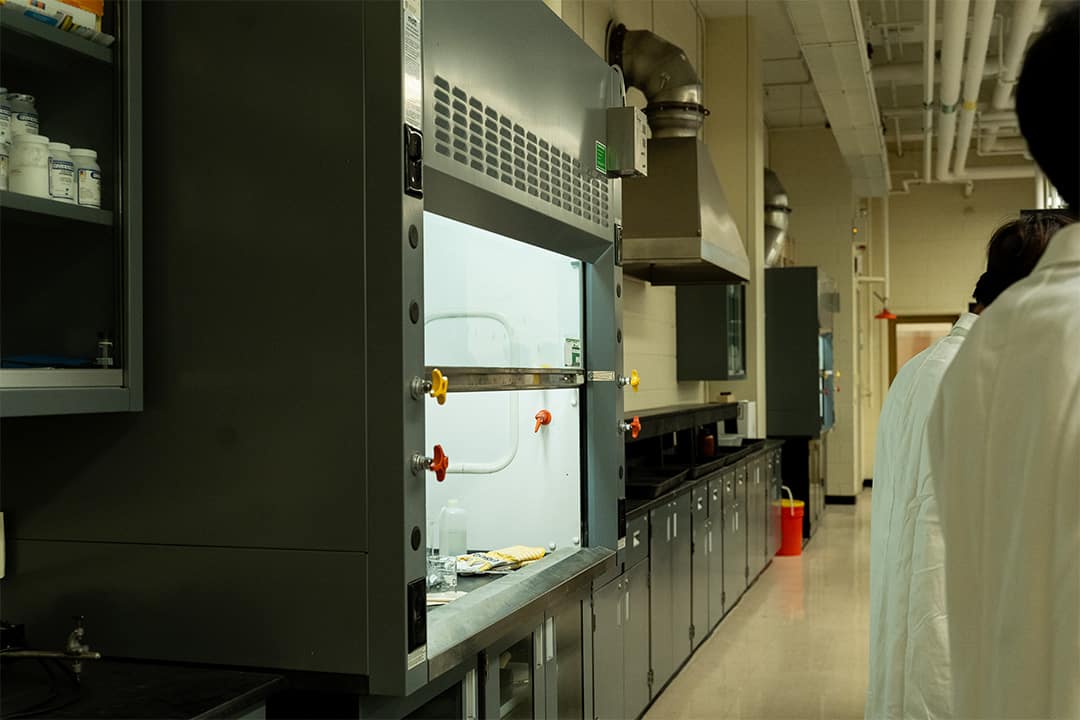U of T prides itself on being a research-intensive university. Having been through a number of different research experiences myself, I feel that I’m in a position to look back and reflect on my past opportunities to express my gratitude for the advantages I’ve had. But I also see flaws in the system, and these flaws matter — both for students and for the scientific community as a whole.
The undergraduate research opportunities in the Faculty of Arts and Science can be broken down into a few broad categories: some are done for course credit, some are done for pay, and some are volunteer positions. Volunteerships are generally entry-level and can translate to future work opportunities.
Research volunteers are students who assist with lab research on their own time, generally on top of their coursework or other employment. Being an assistant can be an interesting learning experience, but it is hardly the same as an actual science course — it’s often lower-skilled work such as data entry or cleaning glassware. Working in a lab is not a tailored curriculum like in the lab component of a course, where learning is the major objective.
Herein lies the problem with these positions: educational value notwithstanding, volunteering is work. You, a volunteer, are in some way useful or valuable to the lab you are working in, whether you’re conducting an entire study yourself or just entering values into a spreadsheet.
We’re in a moment in labour history where people are no longer content to work for free. It’s great that volunteerships are available to those who want them, but the idea that working for free is a prerequisite to a paid position leaves a bad taste in my mouth. This trend is not exclusive to science — lengthy unpaid internships are remarkably common in law, journalism, communications, and tech, for example, generally tied to the promise of future paid work.
I’m not saying that you should never work for free. But I do think it pays to interrogate the true impact that the prevalence of research volunteerism has on the scientific community. Who is more likely to agree to volunteer in a lab: a student benefiting from a domestic university tuition and scholarships, or an international student who has to work at Harvey’s on top of a full course load to support their family and pay for their expenses? The reality is that not everyone can afford to volunteer their time.
None of this is to say that U of T researchers themselves haven’t observed balancing volunteerships with work and course load as a problem. Megan Frederickson is a professor in the Department of Ecology and Evolutionary Biology. Her lab, the Frederickson Lab, has an explicit policy about unpaid lab volunteers: she, for the most part, doesn’t take them. To quote her lab’s undergrad job page: “In the past, the Frederickson Lab has accepted undergraduate student volunteers. However, not all students can afford to work for free, and it is not fair to offer opportunities to gain research experience only to students with enough financial resources to pursue unpaid positions.”
Does it matter that not everyone at U of T will be able to take part in research? Some would argue that it doesn’t. Research opportunities can be considered similar to clubs: optional activities run by organizations that have no significant imperative to bring in as many people as possible.
But, the comparison of research experiences with extracurricular clubs is imperfect. Many science students at U of T are interested in medical or grad school — programs that encourage, if not require, some research experience. As an undergrad without experience, it’s easy to believe that if you don’t get a job in university, you’ll never get one afterward.
I don’t propose a solution to this issue. The number of paid research positions is a direct function of scientific funding, which, in an era of inflation and reduced research dollars, isn’t going to change overnight. But to students like me who have had these opportunities: be mindful. Don’t quit your job and demand it be handed to someone less privileged than you, but remember that being aware of inequity in research opportunities is the first step to progress.



No comments to display.